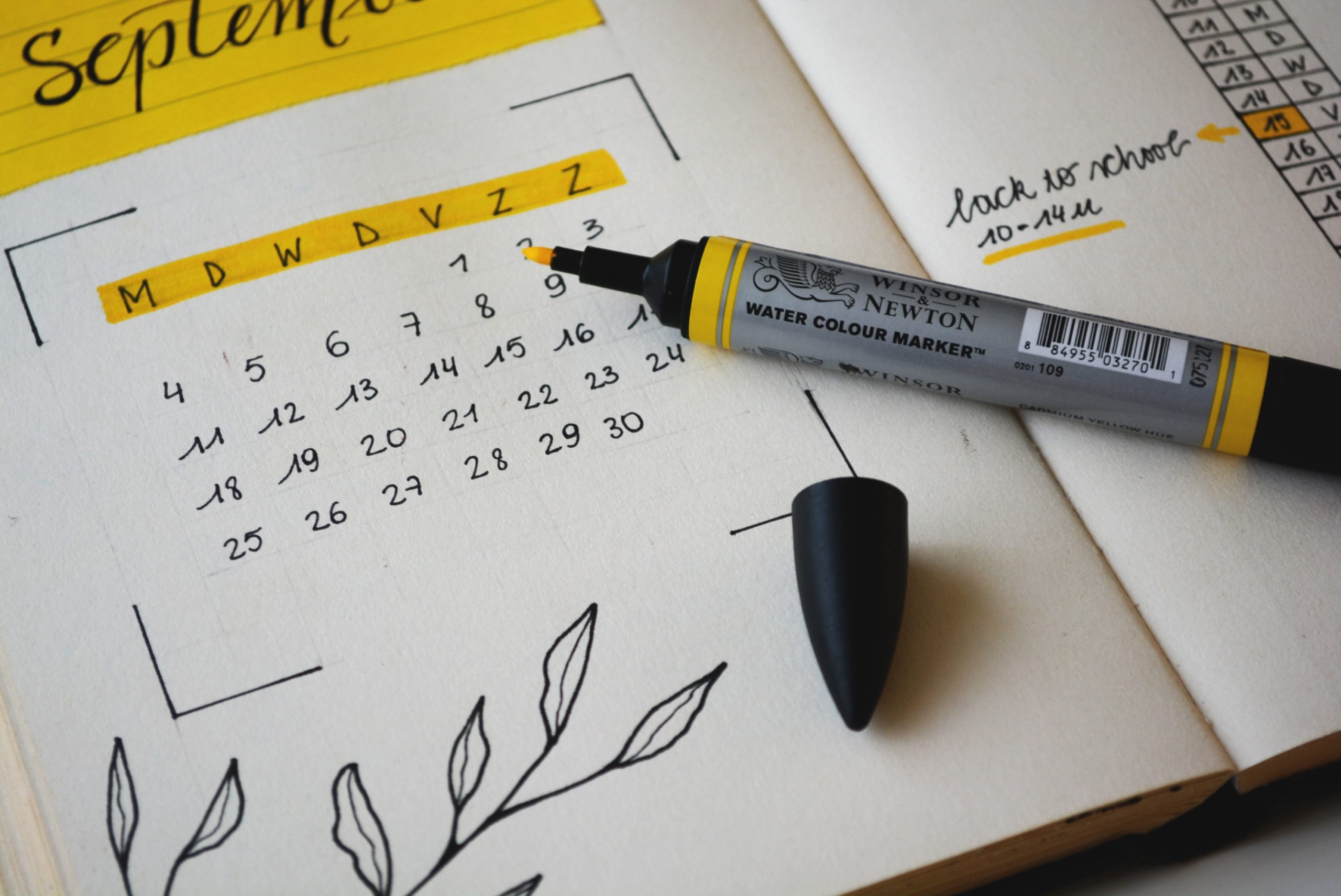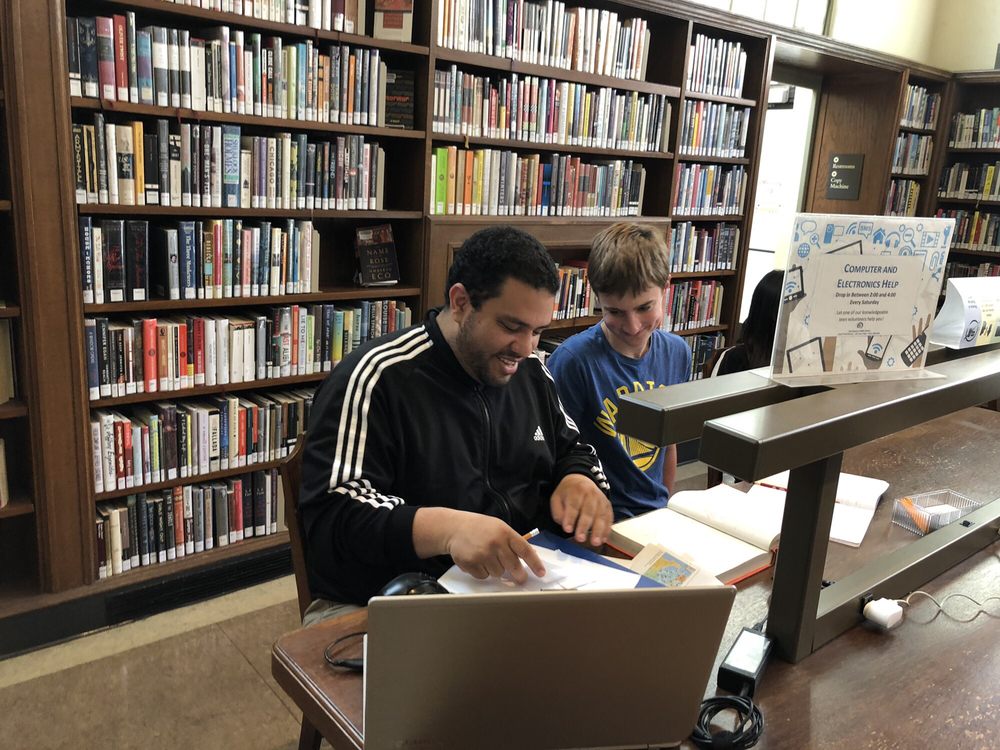How to get the most out of your tutoring time

The most pressing question on parent's minds when hiring a tutor is "will this work?" Will this be a waste of money? Will my child do the work? Tutoring is a two-way relationship. It takes a great tutor AND a student willing to work hard to be successful. Let's make sure you and your student are doing everything possible to maximize your chances of success.
Tutoring does not get your child out of any work. They have to put in plenty of solo practice outside the tutoring session. There is no substitute for hard work. No magic pill. Your child needs to feel what it's like to be stuck on a math problem. They need to build confidence in their work to push through to the next step. They need to practice the skills learned in the tutoring session without an expert guiding them every step of the way.
Tutoring is great for making the solo time your child puts in super productive. Even a good student can struggle in school. They sit down to do math or physics homework and instantly get stuck on a problem. They spent an hour on homework like a good student, and get nothing in return. A great tutor can give your child a system to function independently. They can provide tools your student can use when they feel stuck.
Here are 7 things you can do to make sure you get the most out of your tutoring time:
1. Use a homework calendar

Discipline is a skill that takes years to master. Your child is in the process of learning discipline. Building systems to keep track of time use is essential. The most effective tool is a calendar. We all have access to great calendars like Google Calendar from our email providers.
- First, ask your child how much time they can spend on their math homework each night. There is a lot of benefits of asking your child to come up with a number. For one, it makes it their idea, not yours. Your child will feel like it's their plan, not their mom and dad imposing it on them. Most students suggest a reasonable amount of time. It's much better to commit to 20 minutes per night than to cram before an exam.
- Next, have your child put this time on the calendar. It's important that they do it, not you.
- Then have them set a recurring alarm on their phone for the chosen time.
This will build a routine that will have a huge impact on your child's grades.
2. Keep great notes from your tutoring session
A good tutor will go over many example problems with your child. They should take great notes with their best handwriting. If it's a math or physics class, we highly recommend engineering graph paper. This will make sure everything lines up properly. Here's our favorite graph paper.
Your student will encounter similar problems with future homework. Having a collection of worked-out example problems will be very helpful.
3. Make sure all homework has been attempted before the tutoring lesson
Many students use tutoring time to do homework. Doing so is a waste of money and a recipe for mediocre results. Your child should do as much homework as possible prior to the tutoring lesson. That way they will already know what problems are causing them issues. Then the tutor can immediately address gaps in understanding. If the student waits until the tutoring lesson to do homework, the hour will be spent figuring out problem areas. This is a waste of time and money. It's much better to know what the problem areas are ahead of time.
4. Go to all teacher office hours

The act of going to office hours shows the teacher that your child wants to succeed. If their grade is on the fence at the end of the semester, it will get rounded up. If the teacher never sees your child, it won't. Office hours are basically free tutoring from the person writing the exams. This time is invaluable. A good teacher wants the student to succeed, so they will go over problems that will be on the exam. They can bring these problems to the tutor for reinforcement.
5. Keep your exams
These days many teachers don't hand back exams. This is unfortunate, as learning from past exams is highly effective. If the teacher does not normally hand back exams, make sure your child asks for them.
Past exams are the most helpful tool a tutor can have. It allows them to see what is going wrong in the actual test environment. The tutor can then go over the incorrect problems, and provide a system for solving them in the future.
A great tutor will give mini practice exams in the tutoring session. This serves to simulate the actual test environment. During a practice exam, there should be no intervention from the tutor. Frequently a student will ask the tutor "is this right?" during the practice test. It's imperative that the tutor does not answer the question. Why? Because your child needs to build the confidence to push through on their own when they feel stuck. After all, your tutor won't be there on the real exam. By giving practice tests the tutor simulates the actual test environment. This gives a more accurate picture of where the student stands. They can then review missed questions and fill in knowledge gaps. Wash, rinse, repeat.
6. Email your teacher and tutor
Stuck on a problem? Email your teacher or tutor. Good ones will be happy to answer your questions. There is no need to wait a week until the next tutoring session. Be sure to use your tutor all week long. Your child might feel like this is an imposition. The truth is a good tutor will be happy to see their student engaged in work. They should be able to answer your child's questions over email. Encourage your child to be in frequent contact with their teacher and tutor. This shows initiative.
7. Prepare questions for the tutor before the meeting
A great student will write down a list of questions for their tutor before they meet. This shows that the student is actively participating in their education. It also makes tutoring time much more efficient. Tutoring can be expensive, so most parents want the hour used as efficiently as possible.

One-on-one tutoring is not the right solution for everyone. However, for some students, it's the ultimate solution. If your child is struggling in school because they are not putting the time in, a tutor won't help. However, if you have a child that works hard and still struggles in school, a tutor can be your best option. Tutors can identify the problem, and present a solution in a manner congruent with your child's unique learning style. This is something they won't get in the classroom.



